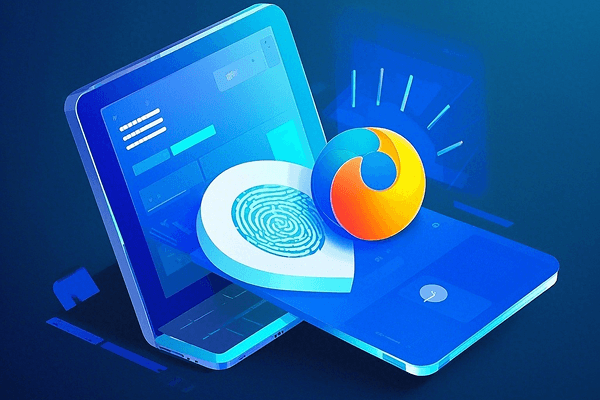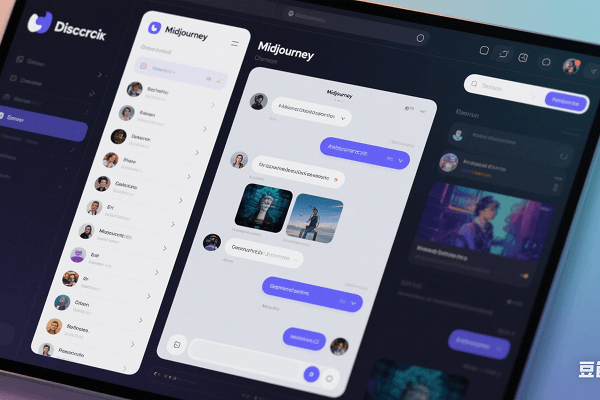
Hot Picks
How to run Facebook ads in 2025? Ideas

Hot Picks
How to promote on Amazon? Sharing various promotion methods

Hot Picks
Choose BitBrowser for fingerprint browsers, and look for the only official website: bitbrowser.cn
The difference between regular browser privacy mode and virtual browser
Time: 2023-08-07 18:13 Click:
Every major web browser offers a private browsing or incognito mode that claims to provide users with anonymity while browsing the internet. However, it turns out that this feature is not as private as we first thought. Incognito mode may not work as well as expected, and it doesn't keep your browsing activity as private as we'd like. This article explores why you should stop using incognito mode if you want to protect the privacy of your online activities. Additionally, we'll look at what steps are in place to ensure your data isn't being collected by the major platforms, and introduce tools like virtual browsers that can actually protect you.
Many people have some misunderstandings about the concept of "incognito mode", but I will explain it in depth for you. Incognito mode started as a basic feature in web browsers, with the main purpose of making it easier for people using shared computers to browse the web without worrying about leaving traces of browsing history, passwords, or cookies. However, this is not intended to maintain the absolute privacy of your online activities.
The core function of incognito mode is to ensure that no traces are left when you browse websites on your computer, such as no cookies or browsing history are saved. This means that every time you visit a website, it treats you as if it was the first time and does not retain any of your personal settings, such as location or language preferences. But be aware that incognito mode is not a feature that makes you truly invisible, it can still collect your data and just pretend not to know you on the outside.

So when you browse the internet in incognito mode, your internet service provider (ISP) can still see the websites you visit. This means they know what you are doing, including visiting websites that may not be associated with you. Also, if you use incognito mode on your work computer, your employer can also monitor your online activity and restrict your access to certain websites, so using incognito mode in a work or school environment doesn't really affect your privacy.
In addition, even if you use your browser in incognito mode, your device information and Internet environment information may still be collected by online service providers. This means that although you try to remain invisible, service providers may still be able to identify you through specific algorithms and data analysis, because you may use the same device, the same Internet environment and IP address to access the Internet.
If you'd like to more thoroughly protect your digital fingerprint from being tracked and analyzed by online service providers or other individuals, using a virtual browser might be a good option. A virtual browser is a special type of browser designed to protect your privacy by hiding your real identity and preventing tracking. These browsers are usually used by those who wish to browse the internet anonymously or engage in activities in restricted areas.
Virtual browsers offer a higher degree of anonymity and privacy than traditional browsers and incognito mode. For example, Bitbrowser is an excellent anti-detection browser on the market, designed to stop websites from collecting data about you, including your location, age, and interests. With advanced digital fingerprint masking technology, Virtual Browser is very useful for digital marketers to create anonymous accounts on multiple platforms.
This browser is widely used in e-commerce, cryptocurrency, affiliate programs, social media marketing, and more. It allows you to use proxies and user agents to keep IP addresses anonymous, while creating separate cookies and accounts for each ID, ensuring your data is not shared between different accounts. Through these methods, Virtual Browser helps maintain your digital privacy.

 Multi-Account Management
Multi-Account Management Prevent Account Association
Prevent Account Association Multi-Employee Management
Multi-Employee Management



